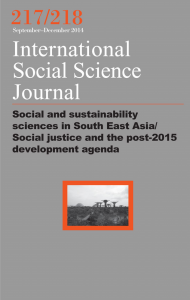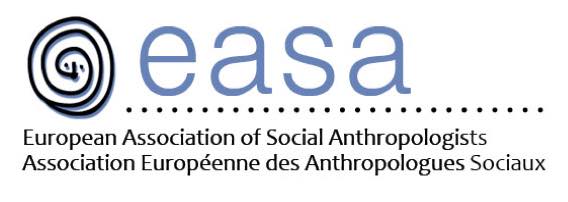britannica is putting customers to work
 The very idea of Wikipedia -the open-source encyclopedia that anyone with an internet connection can edit- has sparked many discussions about knowledge construction, such as the politics behind truth, the social construction of knowledge, the tyranny of epistemic expertism or populism, and so on. In these discussions, the Encyclopedia Britannica is often posed as the antithesis to Wikipedia. So it came as big news earlier this year that the Encyclopedia Britannica, the model of old-school expertism, is going to begin to allow user-generated content.
The very idea of Wikipedia -the open-source encyclopedia that anyone with an internet connection can edit- has sparked many discussions about knowledge construction, such as the politics behind truth, the social construction of knowledge, the tyranny of epistemic expertism or populism, and so on. In these discussions, the Encyclopedia Britannica is often posed as the antithesis to Wikipedia. So it came as big news earlier this year that the Encyclopedia Britannica, the model of old-school expertism, is going to begin to allow user-generated content.
Users will be able to write new content, which then goes to one of the thousands of paid Britannica editors to accept/edit/reject. Ideally, Britannica wants new edits to appear on their site within twenty minutes and are planned to be incorporated into subsequent print editions.
Outside of the debates regarding knowledge production mentioned above, there is another point to be made here: Britannica is a for-profit model in contrast to the not-for-profit status of Wikipedia. There has been no indication on the part of Britannica to pay users who make good edits. The underlying point is much the same as can be made regarding “our” free labor that we donate to Facebook: that, simply, Britannica is trying to improve its costly operation and its profit-potential with unpaid user-labor. Britannica has, in part, “crowdsourced” production to its consumers, highlighting the highly efficient business model of turning consumers into unpaid “prosumers” (those that consume that which they produce). A further discussion might begin with asking how has Jimmy Wales and Wikipedia also profited from the prosumer business model (for example, by “branding” the Wikipedia name)? This will be a topic for a later post. ~nathan
![]() Read More: Britannica reaches out to the web
Read More: Britannica reaches out to the web




1756-2589/asset/NCFR_RGB_small_file.jpg?v=1&s=0570a4c814cd63cfaec3c1e57a93f3eed5886c15)
This expansion of capitalism and capital is truly fascinating (and more than a little scary). What an inventive institution the economy can be–when the motive is profit.
Thanks for an interesting post!
Keri